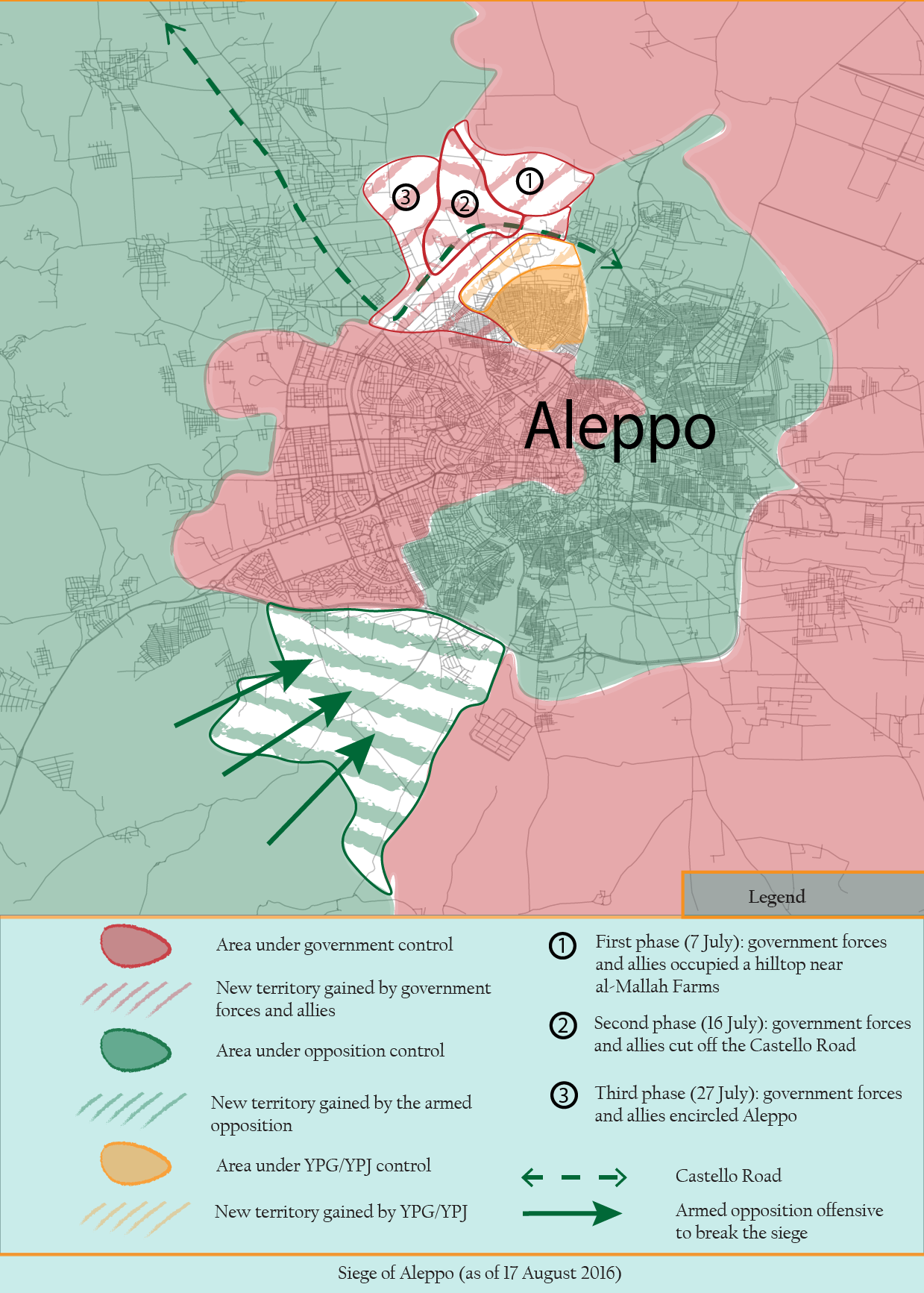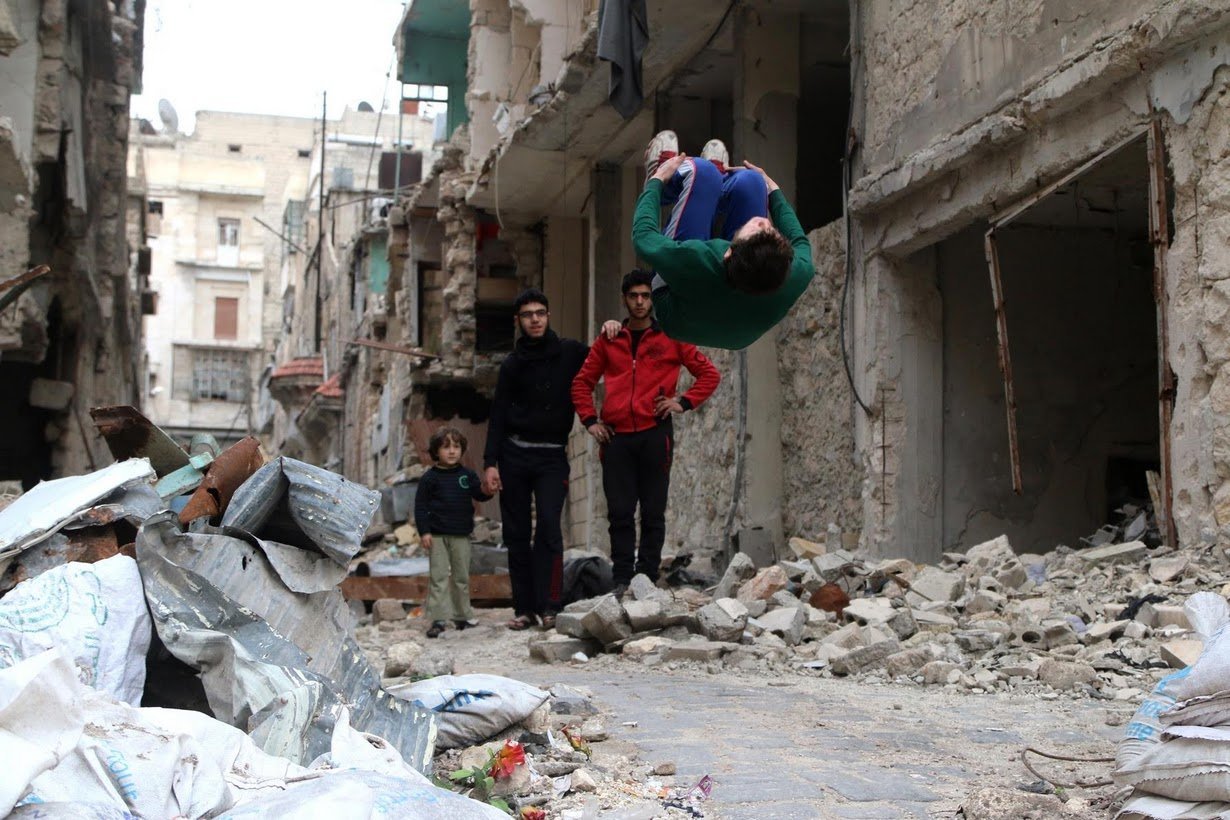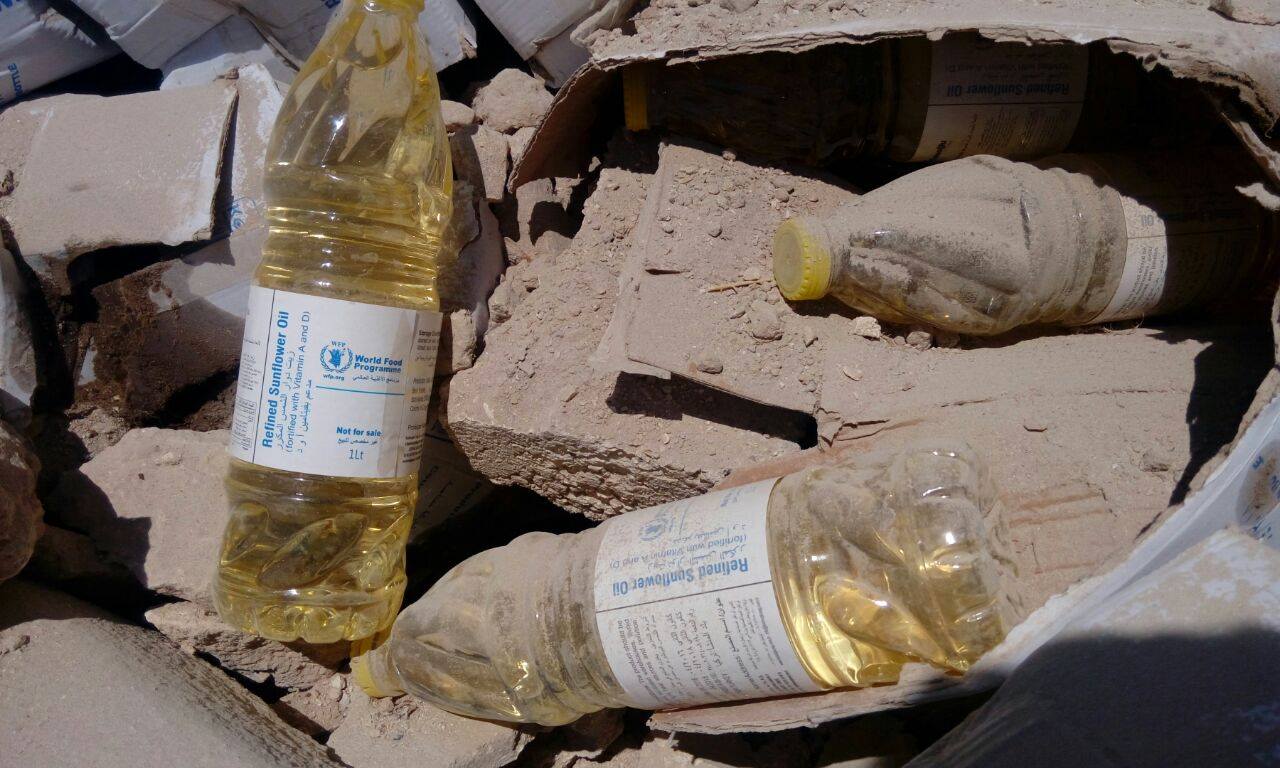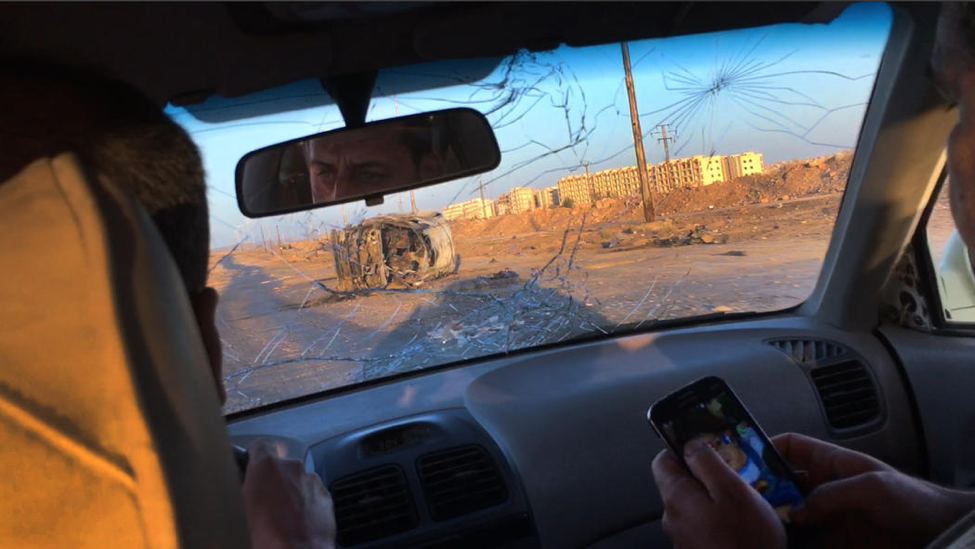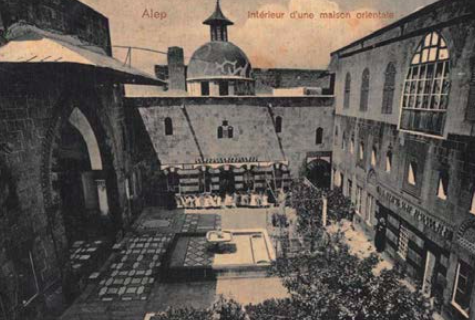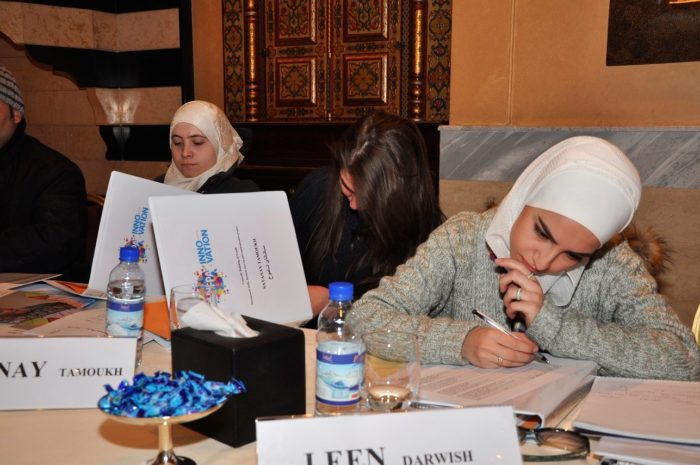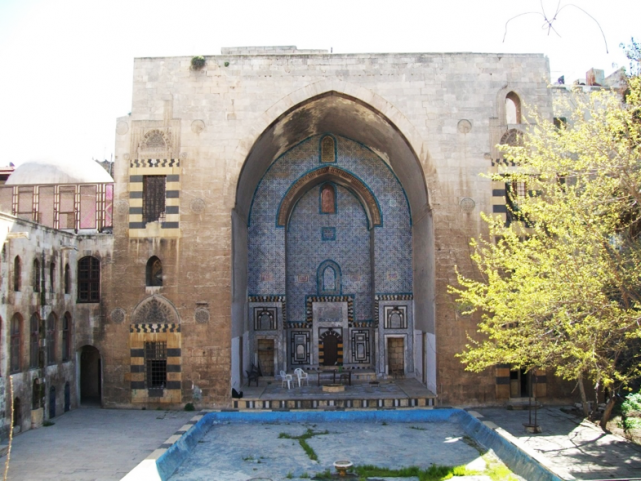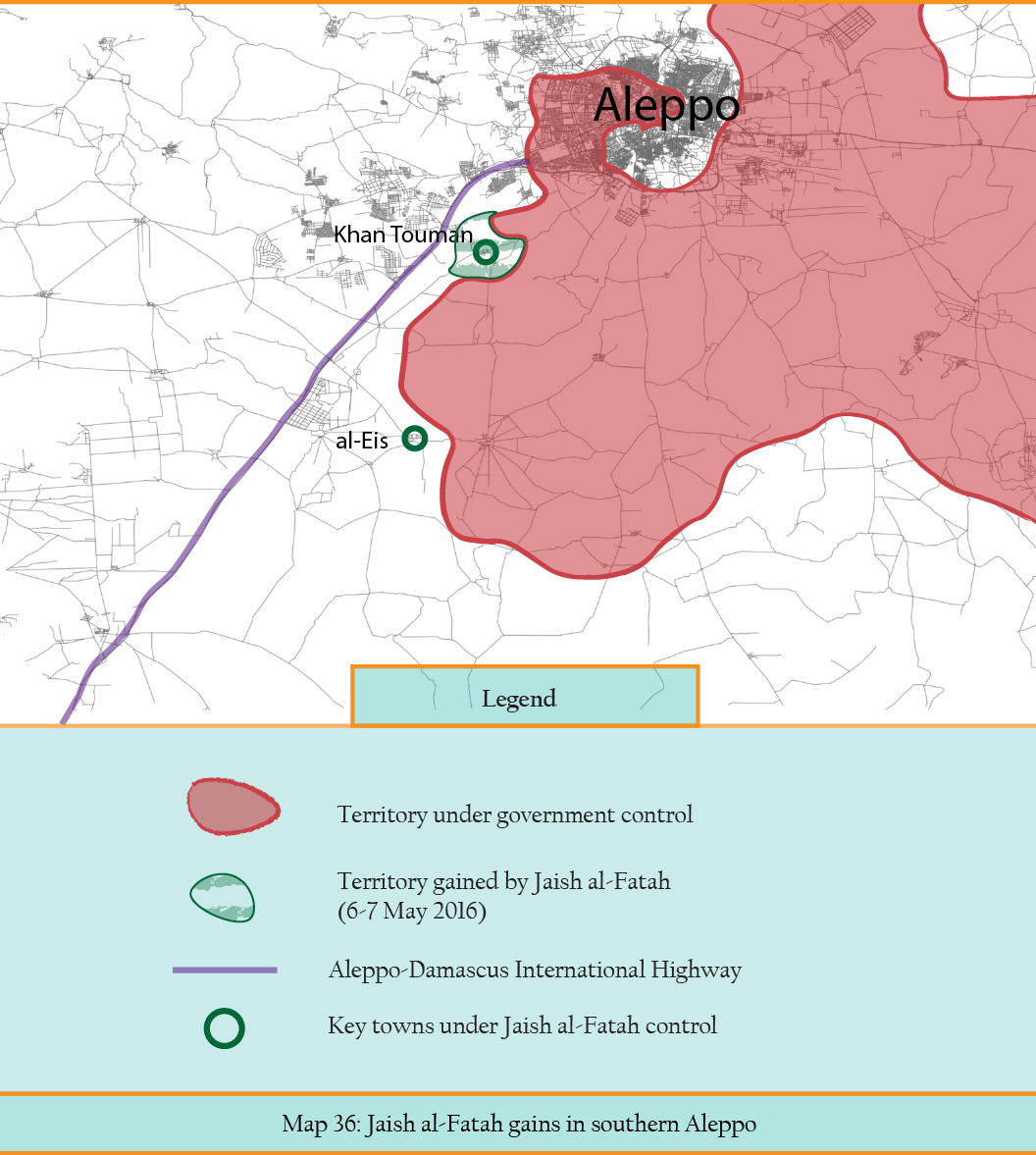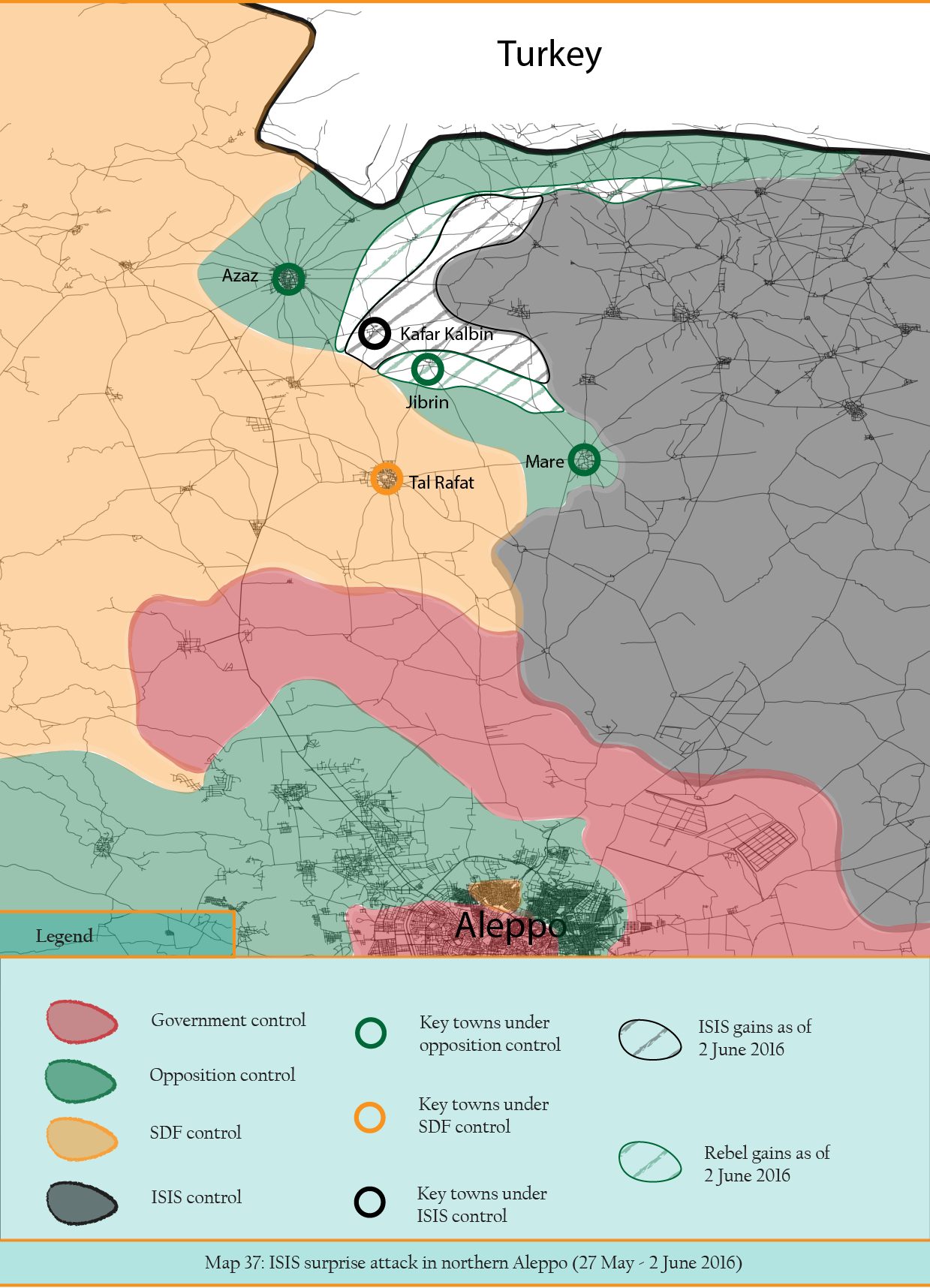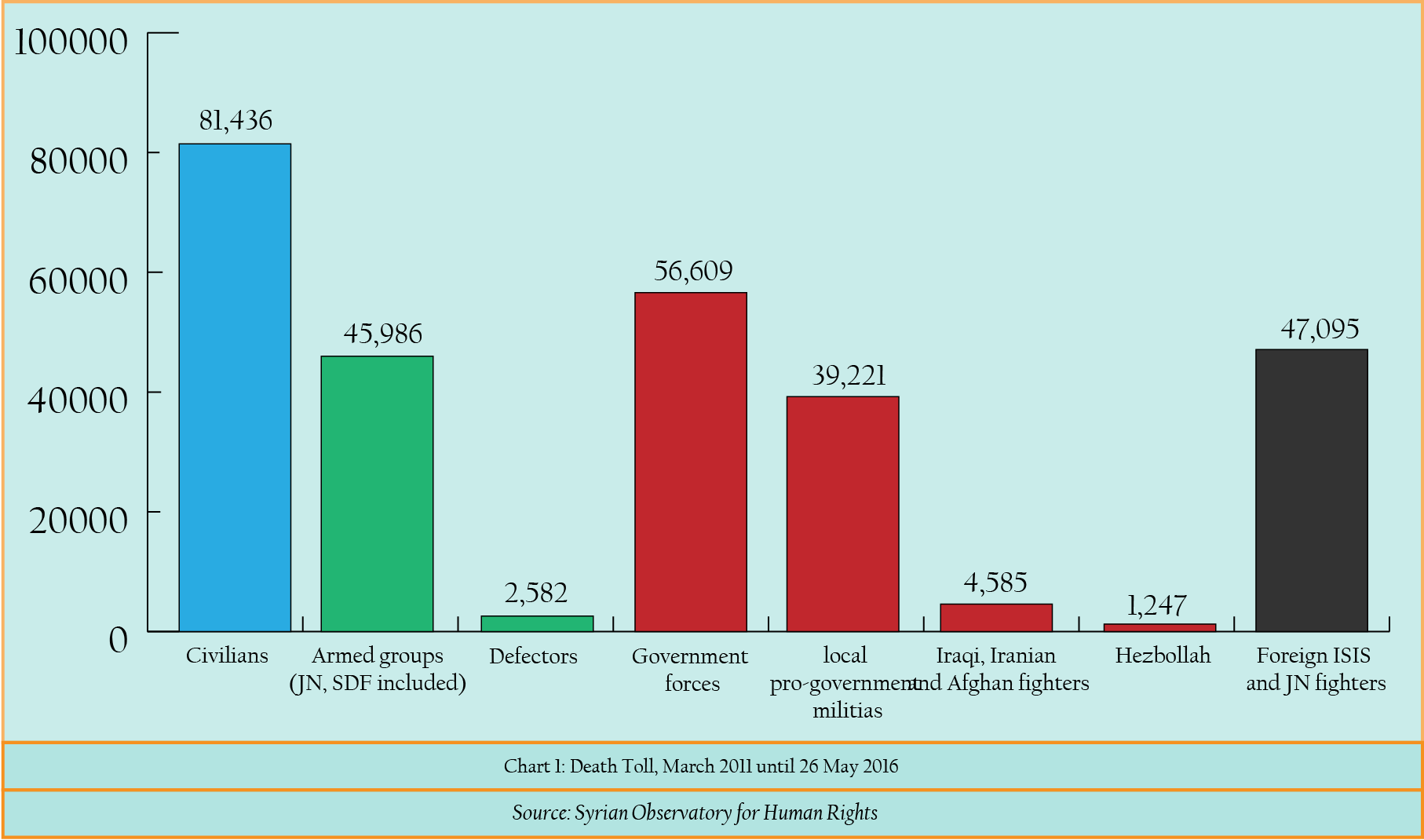“A salad in Aleppo can cost you your life,” an Aleppian author wrote at a time when rebels had imposed a siege on the western half of the city. In July 2013, rebels had cut the Khanasser supply line. Nothing could pass. The only way in was through Bustan al-Qaser – the Death Passage – where snipers lurked. There was a 10-fold difference between prices in the east and the west. People risked their lives to put bread on their tables in a country that had once exported wheat to the region. Rebels prevented anyone from taking food to the regime side. “Let Bashar feed you,” a rebel fighter jeered at those dodging sniper fire to get food.
read moreGeneral
The Aleppo Weekly – July 29-August 10
by The Aleppo Project on August 10, 2016Aleppian Ahmad al-Sawas, Syria’s national gymnastics champion when fighting broke out, did not compete at the Rio Olympics. Read his story here.
read moreTHE ALEPPO WEEKLY – JULY 13 – 28
by The Aleppo Project on July 28, 2016ALEPPO UNDER SIEGE
Following months long battles over al-Mallah Farms in northwestern Aleppo, regime forces have descended onto the Castello Road and cut off the only supply route for eastern Aleppo. Now an estimated 300,000 Aleppians join another 1 million Syrians living under complete siege. Meanwhile the bombing that never stopped for a few years intensified.
“Al-Assad forces and Russian airplanes are trying to control this road to besiege Aleppo … Those civilians are in danger of a lack of food, medicine and everything. And all the world is silent towards these things. These crimes.” Make-shift Aleppo University lecturer AbdulKafi Alhamdo spoke to ITV about the siege.
read moreAleppo Under Siege
by The Aleppo Project on July 19, 2016We now know the pattern of besiegement in Syria and so we know what is to come in Aleppo. Government forces surround an area of a city and cut off all food and supplies. The population weakens and thins, the elderly dying first and then next the children, often from water-borne diseases. The United Nations stands by, failing again in its humanitarian obligations through its obsequiousness to a government whose crimes long ago stripped it of any legitimacy. The West and Russia can drop bombs but not food. Support cannot go to those who might be able to break the siege because of their ideology; instead it just sloshes into a corrupt morass outside the country. Statements are issued and ignored. 2139. 2165. 2191. 2254. 2258. These are the numbers of the United Nations Security Council resolutions that are brushed off by Assad.
read moreThe Aleppo Weekly – July 6-12
by The Aleppo Project on July 13, 2016Aleppo archaeologist Rami Alafandi and Asiah Abdul Rahim published The Lost Treasure of the Polychrome Wooden (‘ajami) Interior of Ghazalyeh House, Aleppo, Syria.
read moreThe Aleppo Weekly- June 28-July 5
by The Aleppo Project on July 7, 2016“Big businesses are closing and the problems we are facing only young people can solve…The need for startups and entrepreneurship culture is really essential for Syria.” Leen Darwish. Read about her coding app Remmaz here.
read more
Dar Janbolad – Aleppo’s Finest Palace
by Tiffany Ftaimi on July 6, 2016When I lived in Syria, I hadn’t even heard about the Janbolad (Junblatt) Palace until 2011, my third year as an archaeology student. I was very surprised that a palace like this existed in my city. I did not expect its beauty, because just a few people even knew the palace’s name and location.
read moreAleppo Conflict Timeline – May 2016
by The Aleppo Project on June 13, 2016“The dilemma is that in theory Russia and the United States agree that al-Qaeda-linked groups should be excluded from any peace talks. Since 2013, for example, the United States has not been very keen to support Ahrar ash-Sham due to its radical ideology. In practice, however, Ahrar ash-Sham is the largest armed group in Syria and its exclusion would end the peace process. Separating Ahrar ash-Sham or other groups from JN would weaken the opposition because JN is a key fighting forces. It might also create infighting between JN and other groups which would ultimately serve the government’s interests. Russia is aware of these complications and has used this pretext to weaken opposition groups in favor of the government. An agreement between the United States and Russia about how to resolve this dilemma is fundamental to the survival of the ceasefire and continuation of the Geneva process. As of May 2016, this had not yet happened.”
read moreAleppo Weekly- May 31-June 12
by The Aleppo Project on June 13, 2016Agony in Aleppo-inside Syria’s Al-Quds hospital
by The Aleppo Project on June 10, 2016Last week, while the bombing of Aleppo intensified, three brothers went out to play. They ended up at the Al Quds hospital, where a volunteer was filming the doctors at work. Published by Channel 4 News on 8 June.
read more The Aleppo Project
The Aleppo Project